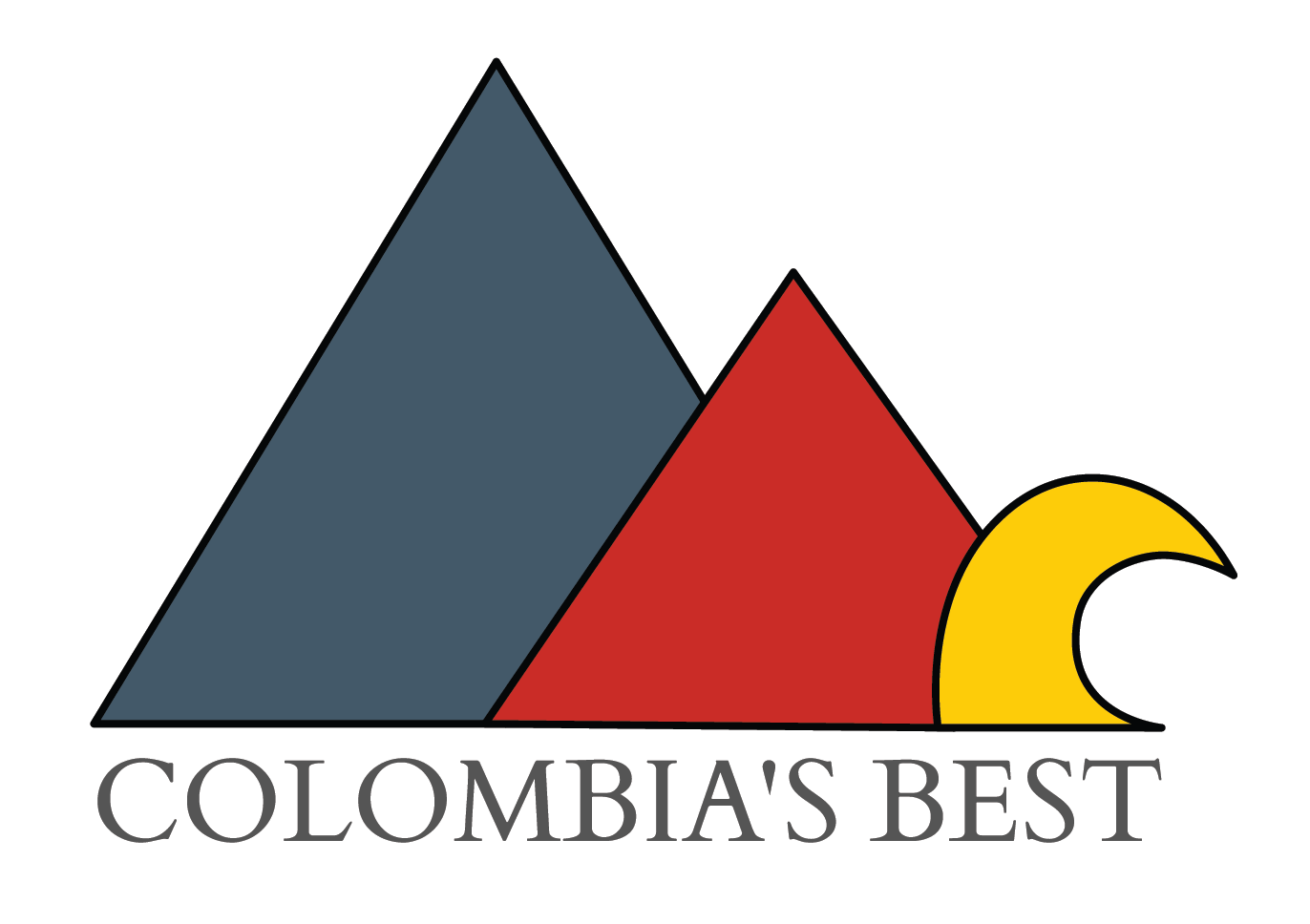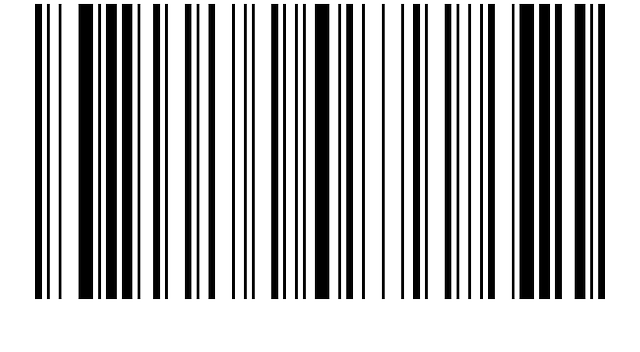With nearly 4 billion users worldwide, social media is a great way to advertise and promote your products. Here we have compiled a list of some of the most popular social media platforms, highlighting what they’re about and how they can help your business.
LinkedIn
LinkedIn is considered by many to be the best platform for professional networking. Boasting as many as 260 million users, this tool can help promote your business to a fairly large audience.
LinkedIn has more of a professional feel than other social media platforms and is great for reaching out to other businesses and partners in your field. As a company, you can create pages that showcase your business. LinkedIn is an ideal platform to share information about your company culture because of its professional nature.
With an account, you can be part of industry-specific LinkedIn Groups to ask and answer questions. This will help you to establish brand recognition and attract users to your company page and website. If you decide to use LinkedIn, then it’s good to have a mix of original and shared content on your page, so commit to creating polished, professional content related to your business.
LinkedIn also has a sales management tool called Sales Navigator that can help sales reps tap into LinkedIn’s extensive network more effectively and help you to secure more and better contracts. Sales Navigator has an array of features that help you find the right prospects to build trusted relationships. With this tool, you can search and filter through an extensive list of businesses to reach the kind of prospects that your company is looking for.
Sales Navigator also provides actionable information and insights that can give you a deeper understanding of leads and prospects. This will allow you to engage with your prospects at a far more personal level giving you the opportunity to offer personalized content, customizations, discounts, and offers.
Pros
- Great for industry and professionals
- Good for building business connections
Cons
- Less exposure to a wider audience
Facebook
Facebook is a great way to help your products reach a wide and varied audience. It has over 2.7 billion active monthly users as of 2020. Because of its large audience it’s recommended that every business should have a Facebook page.
Facebook can be used to share everything from photos to important updates about your company. Facebook also offers business accounts, which give you access to powerful advertising tools and in-depth analytics. They also allow for greater customization options. Your Facebook page can display information such as your contact information, operating hours, and the products and services you offer.
Pros
- Large and varied audience.
Cons
- Requires a lot of time to maintain a good reputation
Instagram
Instagram is also a very popular social media platform, with around 1 billion active users in 2020. Instagram is a visual platform where businesses can display photo and video posts of their products. Businesses can also use tools such as Instagram Live and Instagram Stories to promote their services and products on the site.
You should be aware that this platform is almost entirely mobile. There is no option to take photos or create new posts on the desktop version. If your products can be advertised in a visual way then Instagram is a good way to promote your product. The team running your account must have a good eye for detail and at least basic photography skills, ensuring the photos and videos posted to your account are high-quality.
Pros
- A Popular social media platform
- Great for showcasing products that have a visual appeal
Cons
- Posts can only be added by mobile
- Not so good for products that do not have a visual element.
Twitter
With Twitter you can share short tweets (240 characters or fewer), videos, images, links, polls and more. It is great for sharing short updates, engaging with followers and sharing links to blog posts. You can easily interact with your audience on this platform by mentioning users in your posts along with liking and retweeting tweets.
If your business or product is highly visual or you don’t have a strong brand voice, you may want to skip this social media platform. Some companies choose to use this platform to handle customer service because customers who also use this platform will seek out companies to make suggestions or share praise.
If your business creates a lot of interesting content and you want to spread the word quickly then Twitter can do that. Hashtags help accelerate posts, and if another user with a lot of followers retweets you, your content could go viral.
Pros
- Great for engaging quickly with customers
- Can be used for customer service
Cons
- Not so useful if your product is highly visual
Pinterest
Pinterest is a visually oriented platform that allows users to save and display content by “pinning” on digital boards, which can be organized by category. For example, a personal user could have a food board where they would pin recipes, another board could have things related to photography, etc.
One feature this platform offers is a series of special types of pins called Rich Pins. This can be used by suppliers or manufacturers to add specific information to their pins, like product details and location maps. ‘This platform is purely visual as every pin on Pinterest includes an image or video. This means you wouldn’t use Pinterest to share information like your business hours.
Pinterest has good success with niche businesses. Some of its more popular categories are fashion, beauty and food. If you are manufacturing or distributing these types of products then Pinterest is a good platform to be a part of.
Pros
- Great for promoting products visually
- Great way to organise your products from many web pages
Cons
- Not so good if you don’t have a visual product.
YouTube
YouTube is a platform that allows you to share videos. Videos can be viewed, uploaded, rated, shared and commented on. It is hugely popular for news and entertainment.
Many of the businesses on YouTube have a creative, visual or educational component. If you decide to use this platform then it’s important that you have a dedicated video editor producing content. However, it’s not necessary for your business to have a channel to market on the platform. Instead you can benefit from YouTube influencers who publish frequent videos and often maintain large audiences.
By partnering with YouTubers, you can advertise your products to a wider audience because these users already have engaged audiences. This is a much easier way of marketing your business on the platform, since you don’t have to put in the time and effort of creating content and building a following, which can take years.
Pros
- Very popular platform
- Good way to display videos
- With help of YouTube influencers you can promote products to a wider audience
Cons
- Need a dedicated team to create the videos
- Building a following can take years
No matter which social media your business decides to use, having a presence on these platforms will allow your business to have access to new potential customers, better insight on your brand and those of your competition. At the end of the day, free tools that will generate value and income are always welcomed in any type of business.







